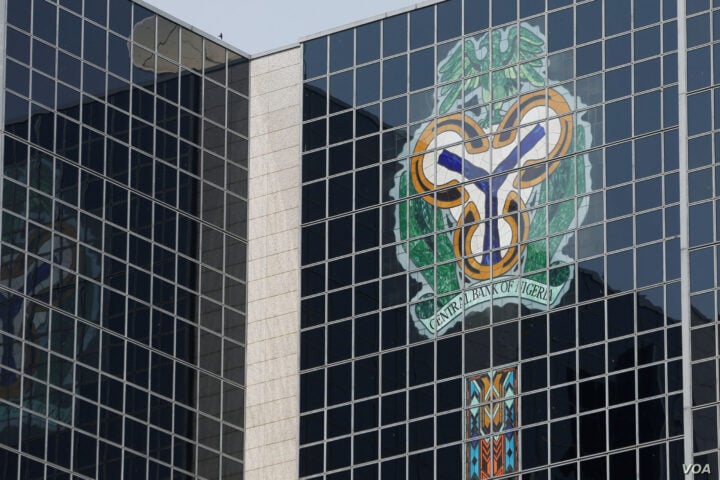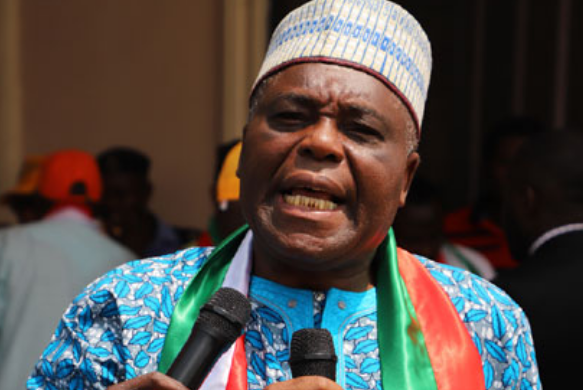As the Central Bank of Nigeria (CBN) commences its two-day monetary policy committee (MPC) meeting on Monday, some financial experts have projected that the apex bank would retain the current policy rates.
Speaking in separate interviews with NAN, the experts said such a policy stance would allow for market stability in the new year.
The committee had raised the monetary policy rate (MPR) to a record high of 16.5 percent in its last meeting in November 2022, in an effort to tackle rising inflation.
The MPR is the baseline interest rate in an economy, every other interest rate used within the economy is built on it.
Advertisement
Uche Uwaleke, a professor of finance and capital market at the Nasarawa State University, Keffi, explained that increasing the MPR could jeopardise economic growth.
Uwaleke said the MPC is likely to hold all existing parameters.
“One, historical evidence suggests that the MPC seldom adjusts policy rates in January due to the need to allow the markets to stabilise in the new year,” Uwaleke said.
Advertisement
“Secondly, inflationary pressure is beginning to reduce as seen in headline inflation numbers for Dec. 2022, not only in Nigeria but also in the United States.
“I do not advise a further hike in MPR, as doing so beyond the current high rate of 16.5 percent is capable of jeopardising economic growth.”
Also speaking, Tope Fasua, an economist, urged the CBN to shun the temptation to further increase the rates.
Fasua suggested that the rates should be retained and be guided by market trends.
Advertisement
He added that constantly increasing interest rate could spur recession.
“I hope they hold rates as is and watch what happens,” Fasua said.
“Already, inflation trended down 0.14 percent, they may be tempted to further increase rate to accelerate the fall.
“But they need to now think about the fact that constant raising of interest rate could spur recession as life becomes harder for manufacturers.”
Advertisement
On his part, Muda Yusuf, chief executive officer, Centre for the Promotion of Private Enterprise (CPPE), said Nigeria’s cash reserve ratio (CRR) and MPR are among the highest in the world.
CRR is the share of a bank’s total customer deposit that must be kept with the central bank in the form of liquid cash.
Advertisement
“The CRR of 32.5 percent and MPR of 16.5 percent are among the highest globally. High CRR in particular has become a key impediment to financial intermediation by the banks,” Yusuf said.
“There is need for the CBN to ease up on its tightening stance and cut some slack on some of its liquidity mopping measures.”
Advertisement
Analysts at Financial Derivatives Company (FDC) also said inflation is expected to ease further in January.
However, they projected that high interest rates would have to be retained if the CBN intends to continue to tackle inflation.
Advertisement
“As long as the CBN remains committed to tackling inflation, the high interest rate environment will persist in 2023,” the analysts said.
Meanwhile, analysts at Cowry Assets Limited, said the MPC may be tempted to pedal softly on its tightening stance by a token hike of 25 basis points.
“We believe that a moderate reversal in the headline numbers will skew the voting pattern of the committee members in favour of maintaining a tightening stance,” they said.
“Regardless, the lag-effect from the policy tightening may take longer in reality as Nigeria has a weak policy transmission system.”
Add a comment






